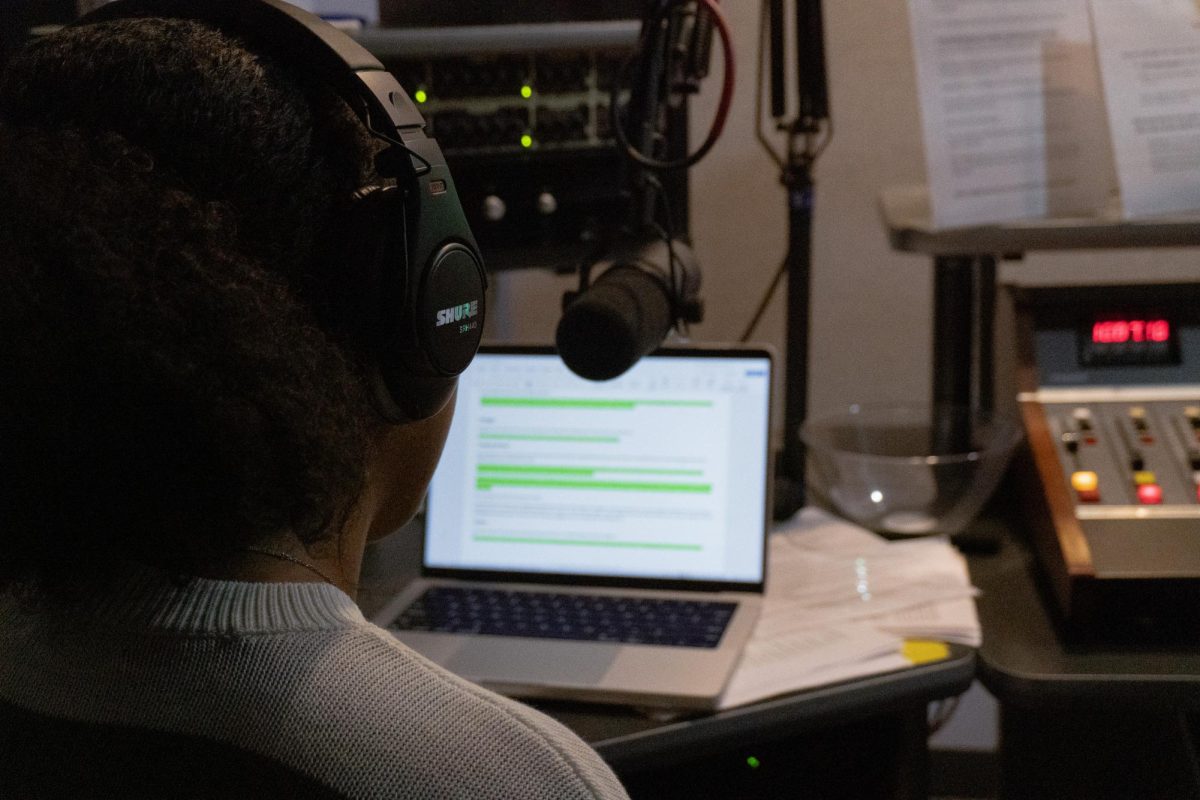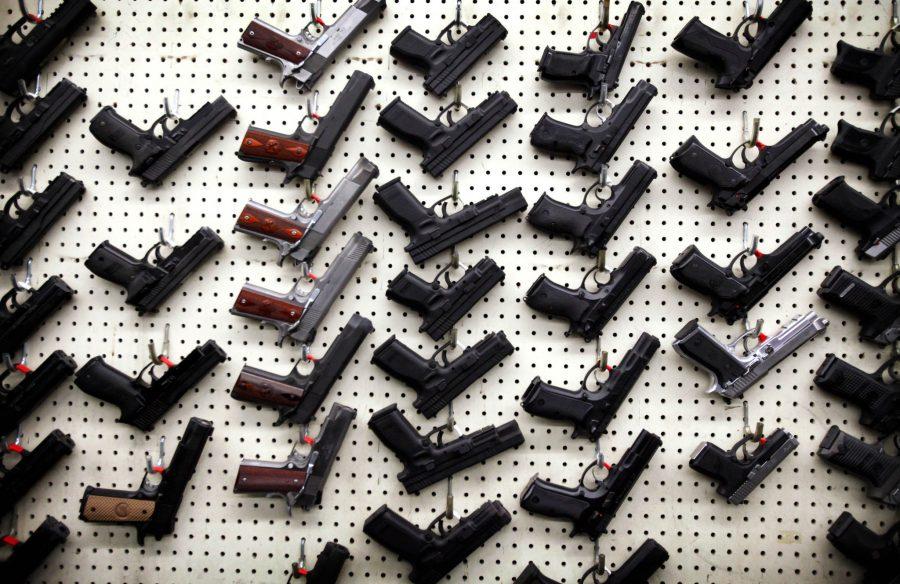As you walk through campus, the thought of encountering someone carrying a gun is most likely not on your mind. At the forefront of political debates throughout the country, gun control is, and has been for decades, an unresolved dispute, with the second amendment constantly coming into the conversation. As a nation, the issue of guns is obviously present, but what about the affects it has on one of our nation’s largest groups? Us. Yes, college students. Although you and I seldom consider it, gun control on college campuses is a major facet of the gun control debate. S.E. Cupp of CNN, who stated her opinion regarding the issue, recently brought this topic into light with a controversial opinion article published Monday, February 23, 2015. She believes students should be allowed to carry guns on college campuses; I disagree.
Sexual assault, a serious issue seen nationwide at numerous institutions, is the main purpose she brings up the issue. She begins by discussing students, both men and women, needing a way to protect themselves against attackers. Her belief is that the different methods of dealing with sexual assault that are currently in place are not working and need to be changed. Current solutions include signing consent forms prior to sexual acts between two students, and dealing with alleged crimes, such as rape, with honor councils made up of students as opposed to the state’s court system. Cupp suggests a much more intense solution, permitting students to carry firearms as their form of protection.
I agree that students deserve a way to defend themselves, but I don’t think firearms are the solution. Firearms provide a quick route to a very serious situation. This is clearly exemplified in our own city of Baltimore, which has one of the worst gun control problems in the entire nation. Disputes in the city oftentimes end in someone pulling out their gun, regardless of how serious the situation is, hence the reason the city has such high per-capita homicides. Confrontations occur so suddenly that even looking at someone the wrong way can have you staring down the barrel in a matter of seconds. My worry, if Cupp’s suggestion is taken into consideration, is something like this would occur on campuses.
She makes a valid point about students needing to protect themselves against attackers, specifically those trying to perform acts of sexual assaults, but she doesn’t take into account other situations in which the involvement of guns would prove harmful. These situations don’t have to occur on campus either. Similar to Loyola, many schools are “bar schools,” where the party-scene is centered on local bars and clubs. If students carry guns on campus, they are likely to carry them off campus, which means some could bring them to the bars. The bar scene is no place for guns, especially when the alcohol is flowing and it is not uncommon for people to lose their cool. A bar fight is one thing, but discharging a weapon in that environment can prove to be deadly.
Instead of changing gun laws and trying to incorporate them into college culture, I think another major change could be made that would help eliminate the occurrence of sexual assault, and hence the discussion of guns on college campuses. Changing the legal drinking age could be the nation’s solution.
Originally put into effect to decrease the number of drunk driving accidents involving teens, The National Minimum Drinking Age Act was passed. Experts believe that it did not serve its cause and instead worsened the problem. Jeffrey Miron, a Harvard University economics professor, argues that the law had “little or no life-saving effect.” With that in mind, reversing the act and lowering the drinking age could fix our issue of sexual assault on college campuses. Many sexual assault cases occur when one, or both parties, are under the influence of alcohol. Lowering the drinking age would not only teach people how to drink responsibly at a younger age, but it would remove the “cool” factor of underage drinking and possibly reduce the amount people consume in one night. This would directly correlate to a reduced number of sexual assaults and, in general, poor decisions.
My proposal is a long way from occurring, but the issue of college students handling guns is currently at play. Although I understand Cupp’s worries, I believe other strides can be taken to lower the number of sexual assault cases and help improve the safety of college campuses nationwide.








































































































